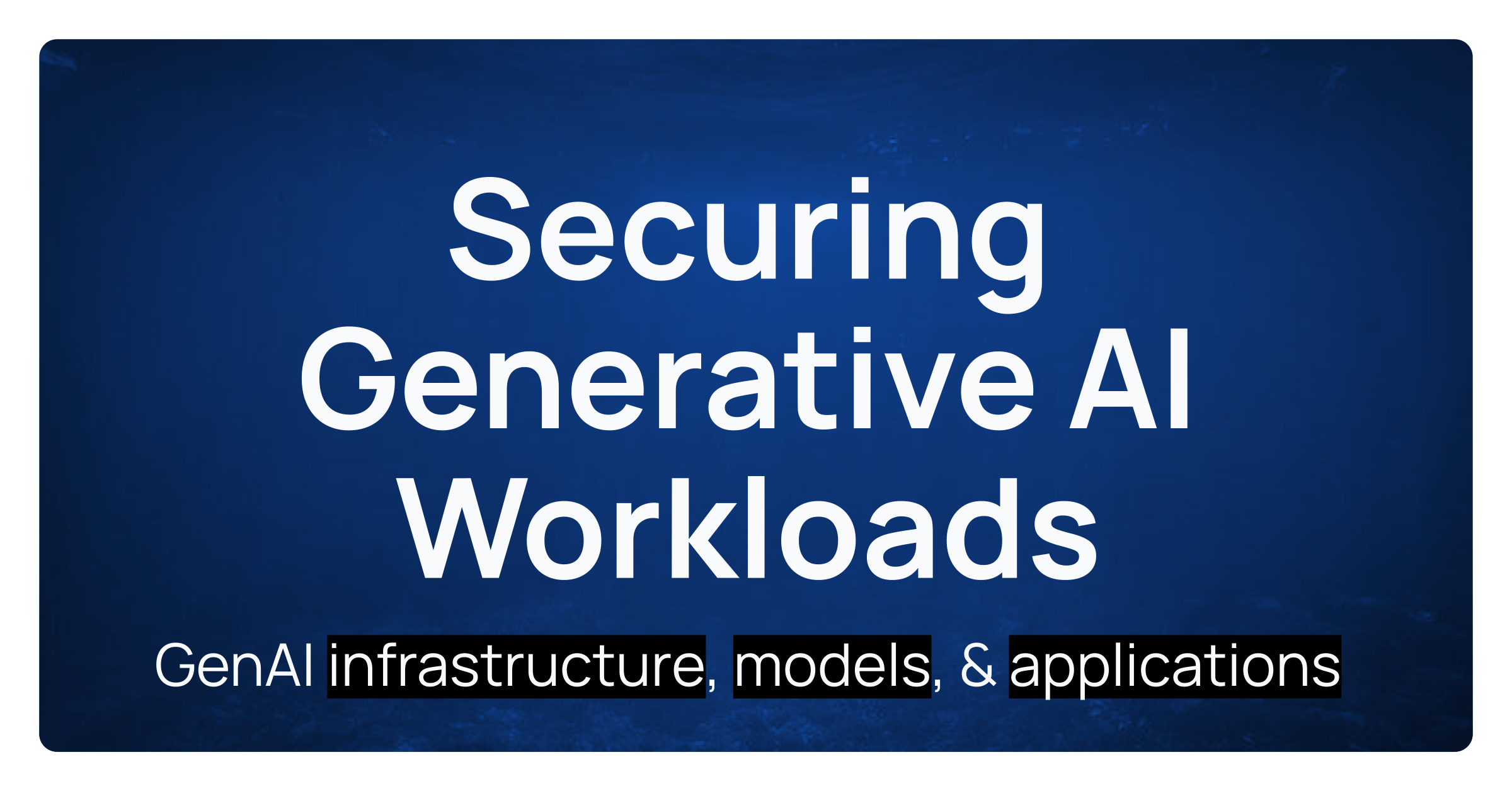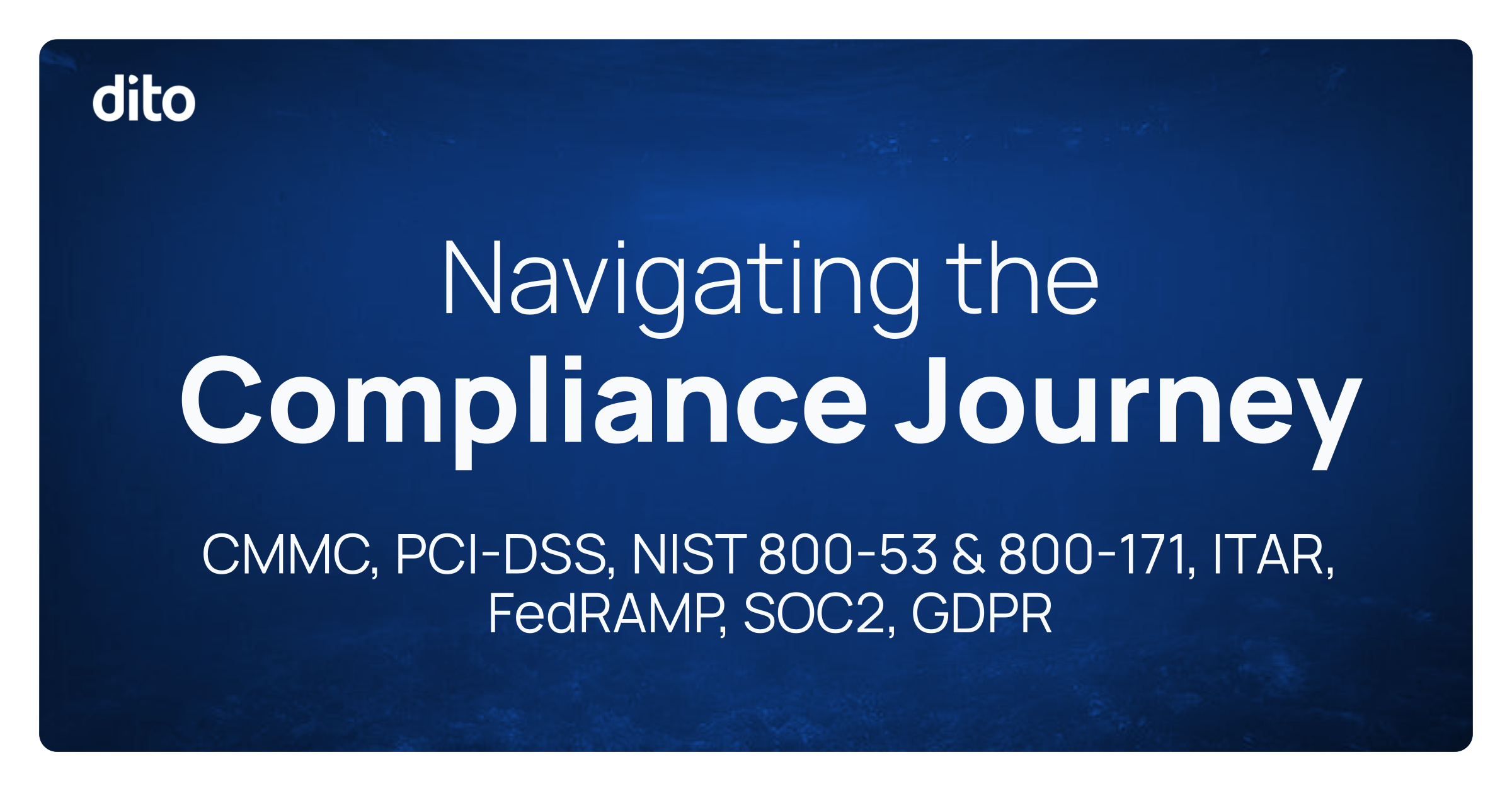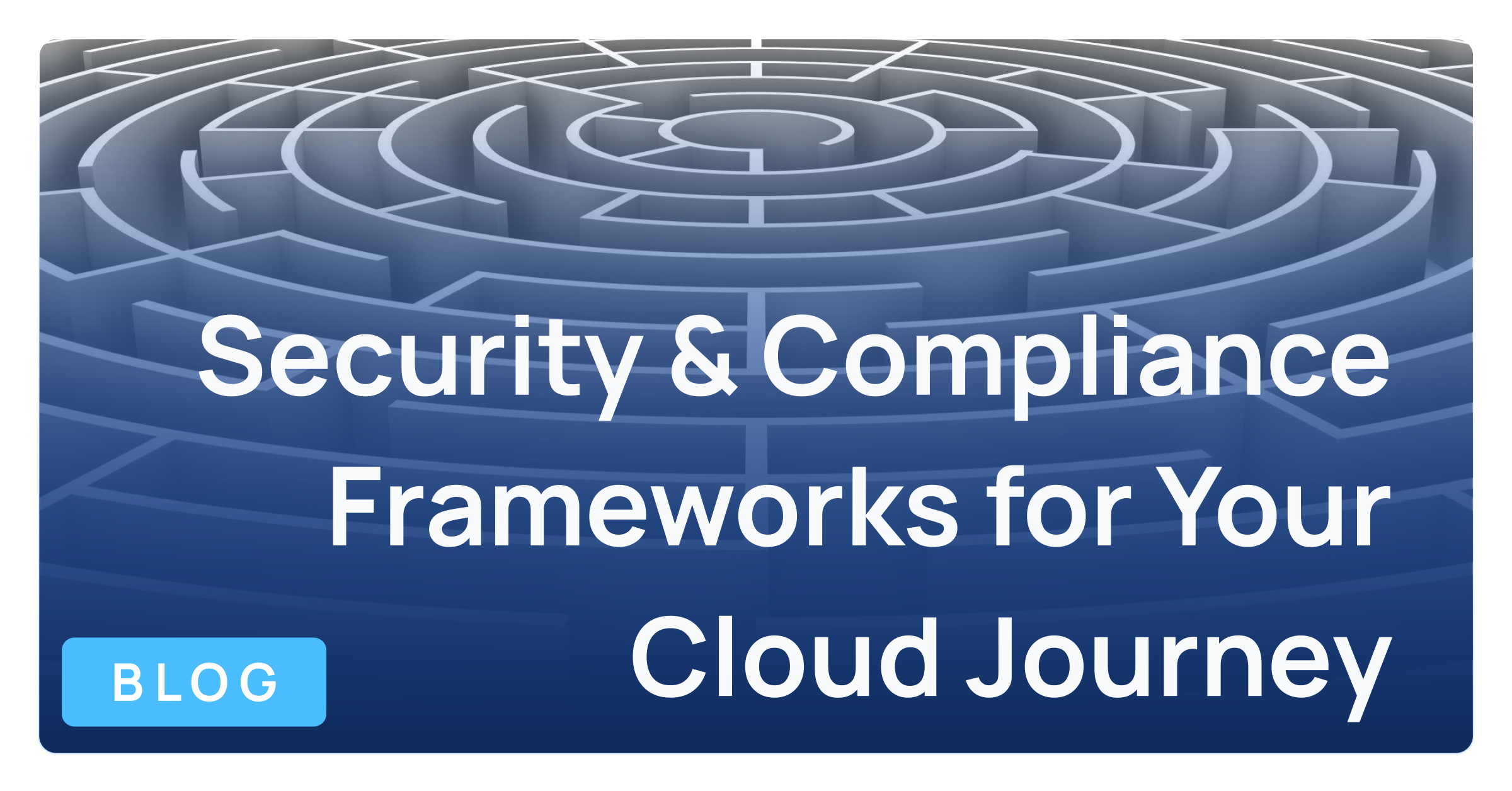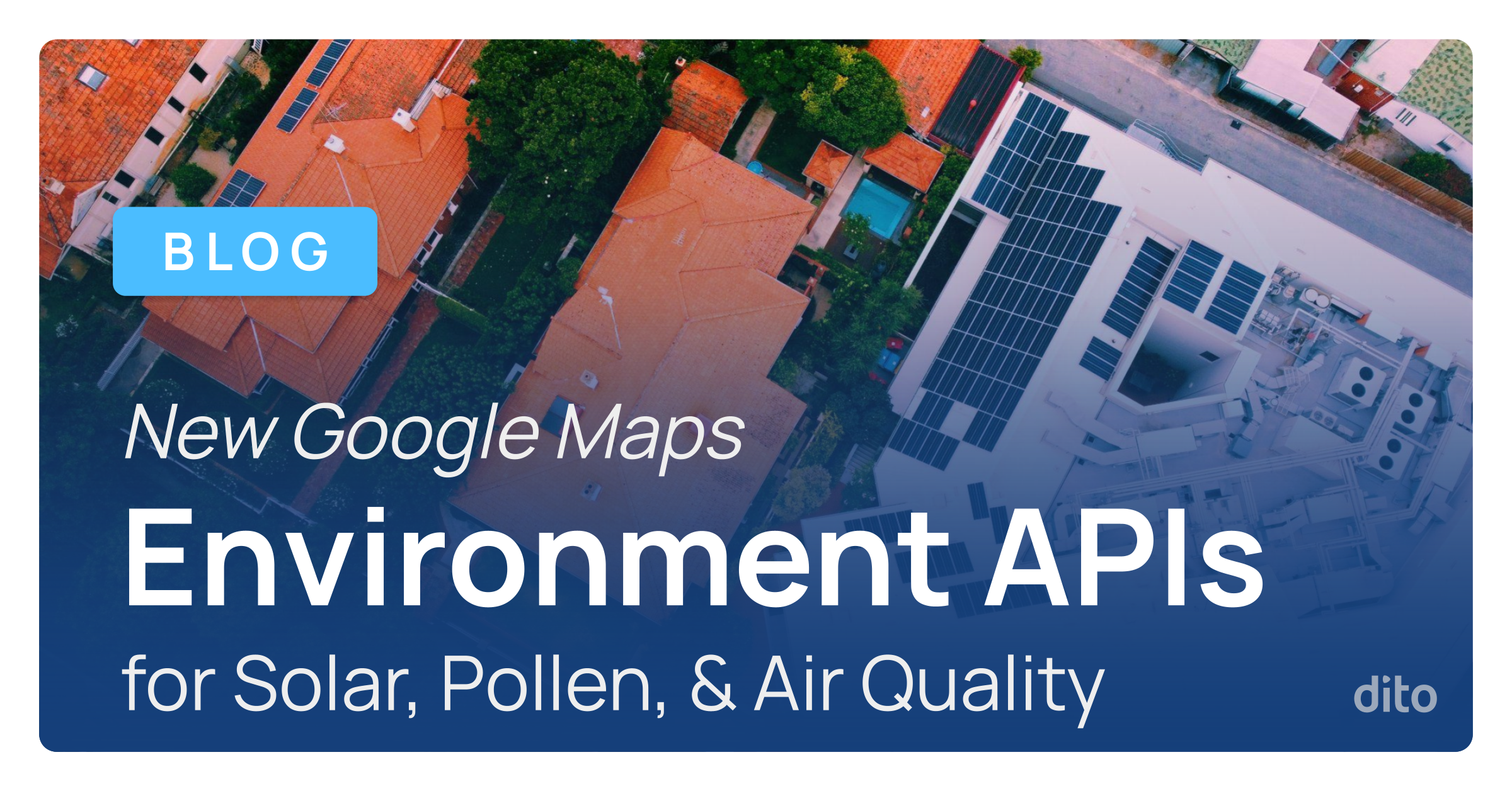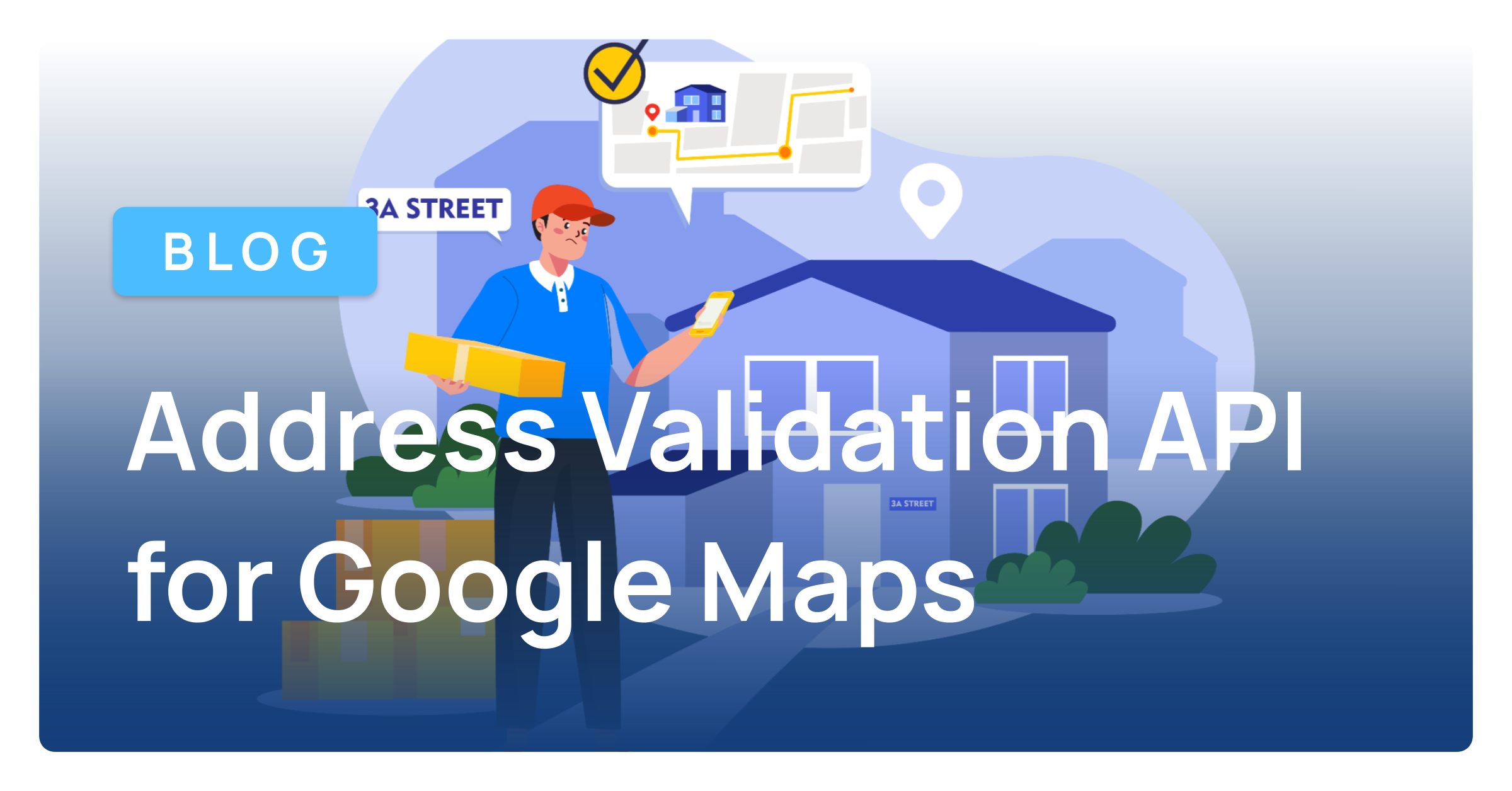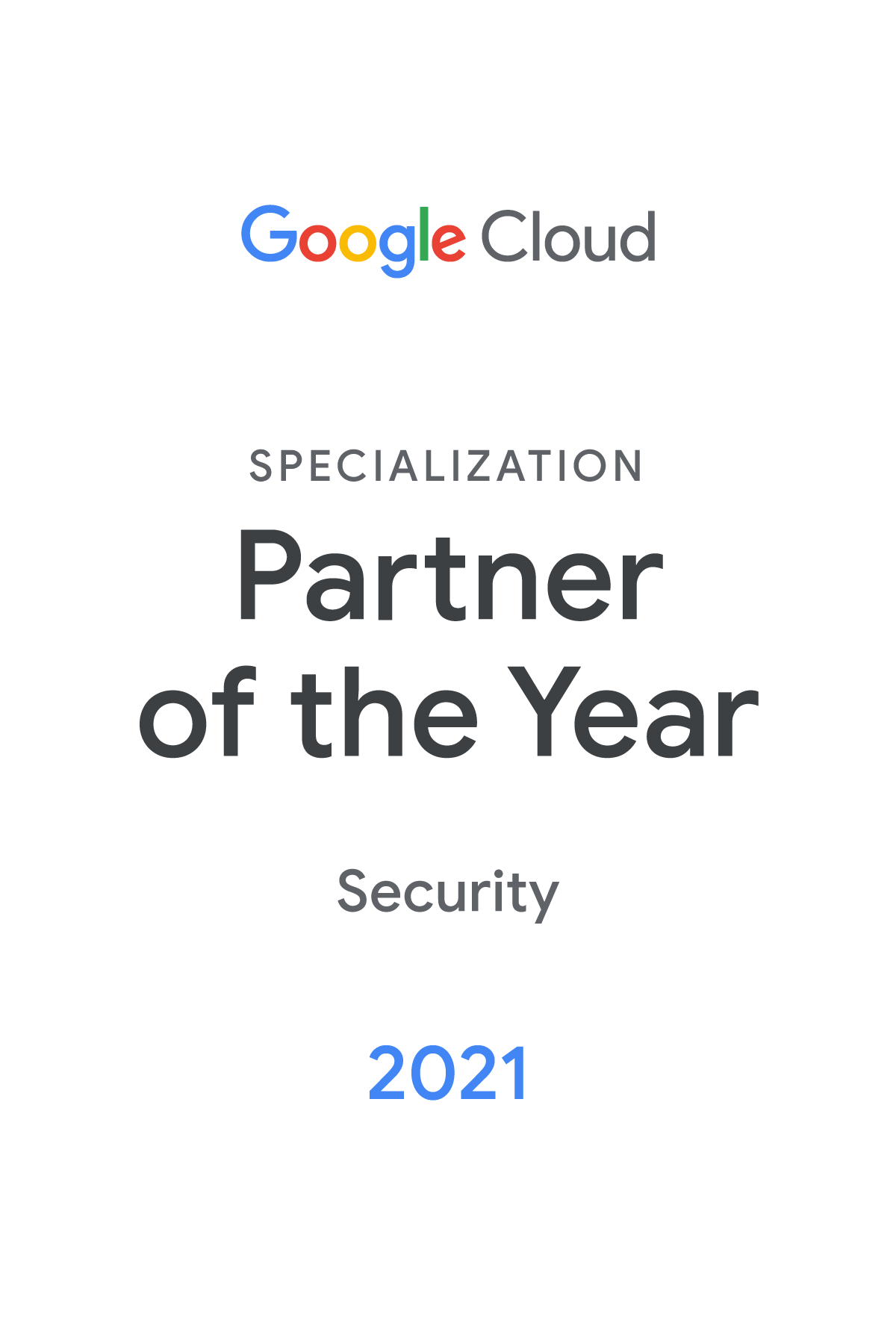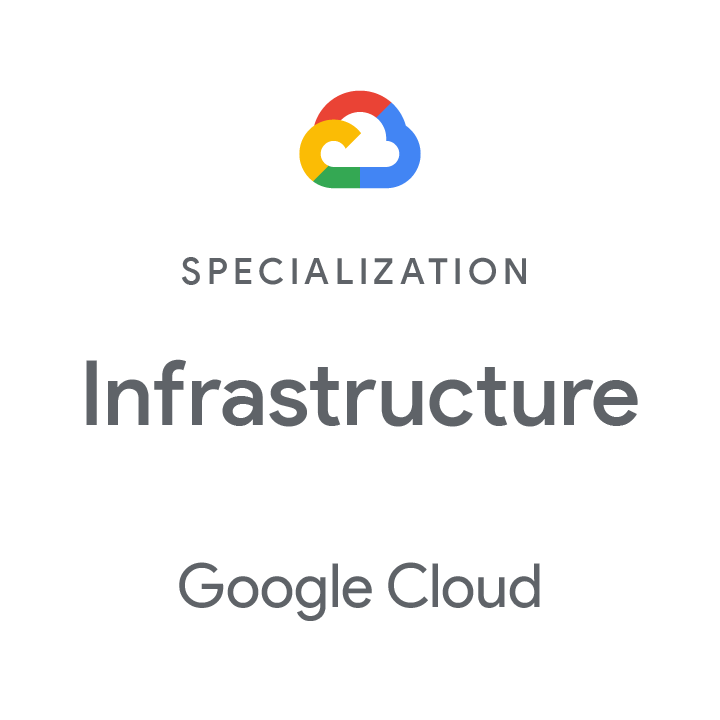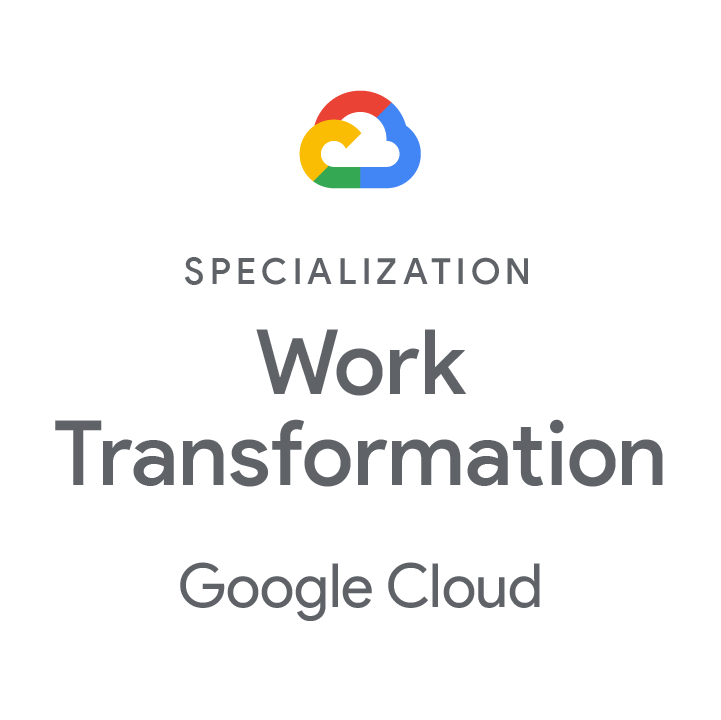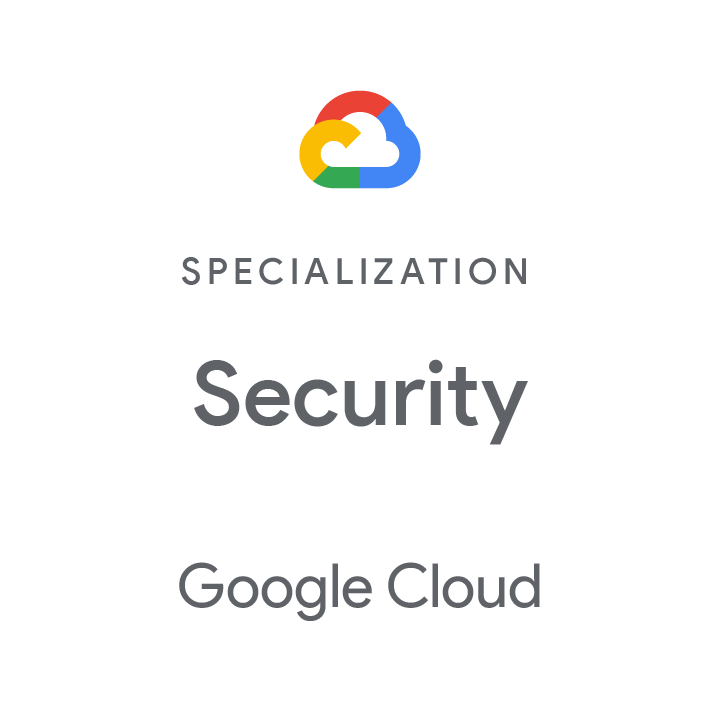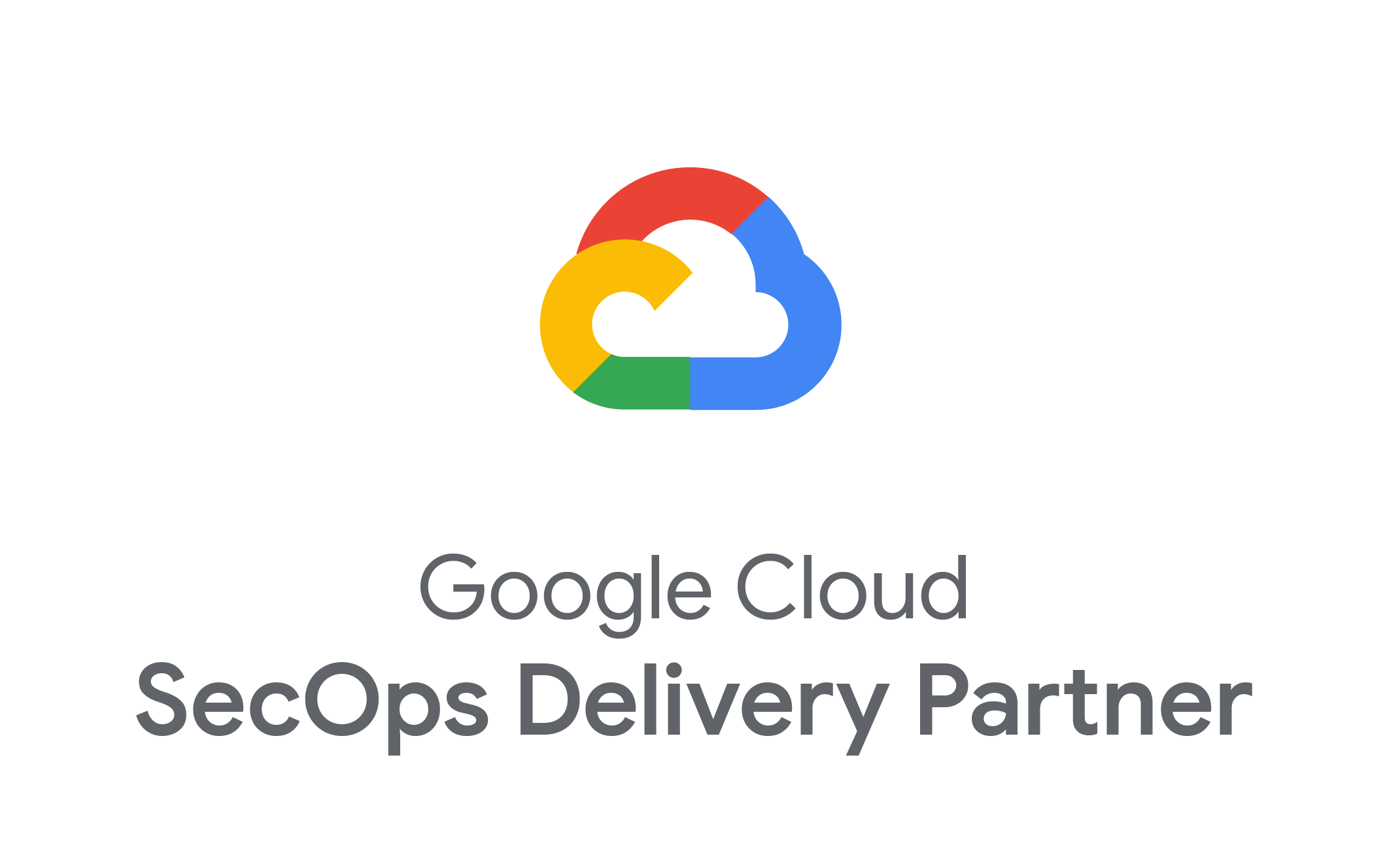With more and more businesses beginning to utilize the Google Maps Platform (GMP), it’s becoming more important than ever to ensure that you’re taking full advantage of the Google Cloud Platform in order to ensure that any work being done within GMP is built on a solid foundation, both in terms of performance and security, as well as being easy to use and scale. With Google Maps + Google Cloud, all of these items are bundled together to make the process as easy as possible.
The Google Maps Platform builds a foundation on 3 main core items: Maps, Routes, and Places:
- Maps helps to bring live, real world information to your users through the utilization of customized maps and a variety of Street View images.
- Routes is exactly what it sounds like – helping users find the most efficient way to get from point A to point B through the use of real-time traffic information and detailed location-based data.
- Places uses location data to help GMP users explore the world and, on a more specific level, find places and businesses through the use of phone numbers, addresses, and other real-time signals
When a company is looking for both location-based and cloud-based services, there’s simply no better combination than Google Maps Platform paired with Google Cloud Platform. How do Maps and Cloud fit together? Google Cloud Platform provides a vast array of products for high-performance infrastructure, scalable storage, and machine learning.
With Google Cloud’s serverless computing capabilities, businesses can write and deploy code quickly and easily without the hassle of managing the underlying infrastructure. This enhances developer productivity by helping companies focus on what matters the most – building and scaling great applications.
What really sets Google Maps Platform apart from other location-based services is the functionality it provides in the form of customer access to Google’s data and content:
- Address data
- Local business data
- Routing and traffic algorithms
- Maps visualizations
All of these can individually be used to unlock a wide range of new use cases.
So while the Google Cloud Platform provides the basic foundational infrastructure, app development capabilities, and high processing powers – Google Maps Platform provides the local data content and the ability for customers using it to create powerful location-based applications. This intersection of content and capability is what makes the combination of Google Maps + Google Cloud so unique and compelling relative to other options available.
In addition to the many functions that Google Maps Platform offers and the rich amount of high-quality data that is available to be used, GMP is built on Google’s secure and high-performance infrastructure:
- Security – whatever businesses build, create, code, or store, Google is able to protect it. Companies are able to rely on Google’s multilayered secure infrastructure, expert engineers, and commitment to transparency when it comes to data and usage.
- High Performance – businesses can rely on Google’s worldwide network – which in turn allows them to count on low latency and high responsiveness from the world’s largest global private cloud network.
When a company builds and scales applications on the same infrastructure that serves billions of Google Maps users, it becomes easy to depend on a reliable platform that will scale and flex as the company and application do. On Google’s secure, future-proof infrastructure, businesses can continue growing without having to think about capacity, reliability, or performance.
Another major benefit to utilizing GCP in conjunction with GMP is the ability to quickly compute, analyze, and make decisions with large sets of data. Businesses can overlay and visualize their proprietary data with Google Maps Platform to uncover new relationships that they may have overlooked.
Then, these businesses can add on the capabilities of Google BigQuery to improve the accuracy and speed in which they detect patterns in their data and make predictions based on these patterns.
BigQuery, which is Google’s serverless, highly scalable, enterprise data warehouse, removes the need for customers to manage their own data infrastructure, and in addition, BigQuery GIS enables customers to analyze and visualize geospatial data using a familiar SQL, without the need for a database administrator.
BigQuery also has built-in machine learning, which enables data scientists and data analysts to build and operationalize ML models on planet-scale structured or semi-structured data, directly inside BigQuery, using simple SQL — in a fraction of the time it would normally take.
Google Cloud IoT Core and Google Maps Platform help securely collect, visualize and analyze complex IoT data in real-time to support improved operational efficiency, anticipate problems, and build rich models that better describe and optimize a business based on their needs, using insight-driven data.
Google Cloud IoT Core is a fully managed service that allows customers to easily and securely connect, manage, and ingest data from millions of globally dispersed IoT devices.
With the combination of Google Maps Platform, users can take advantage of Geolocation and Geocoding to locate where various IoT devices are in real-time, where they’ve traveled, and how often they’ve moved, and then take this data and visualize all of it on Google Maps. User can also use the Geofencing API to define geofences and get notifications when a device enters or leaves the area of interest. Many companies in the retail and commerce industries have taken advantage of this capability in various ways, such as sending someone a coupon for their business when they enter a certain area of interest.
With all of the benefits of GMP and GCP, Google Maps Platform is now fully integrated with Google Cloud Platform to provide users with one Google experience across all of their cloud and location services.
Whether a company is managing data analytics, cloud storage, cloud computing or various location data, users can access their setup, reporting, billing and more through the same Google Cloud Console – like a giant, all-inclusive administrative dashboard. Just like GCP, with Google Maps Platform you pay on a monthly basis only for the services that you use with no annual commitments, termination fees, or usage limits (side note: there are a ton of value-added benefits of working with Dito for your GMP and GCP usage).
Be sure to check out our previous posts regarding GMP and its various uses:
Top 5 Areas and Use Cases Where Google Maps Excels
Google Maps Platform Expanded – Area #1: Routing & Logistics
Google Maps Platform Expanded – Area #2: Retail & E-Commerce
Google Maps Platform Expanded – Area #3: Financial Services
To explore how your organization can take advantage of Google Maps, schedule a consultation with our Google Maps team.


